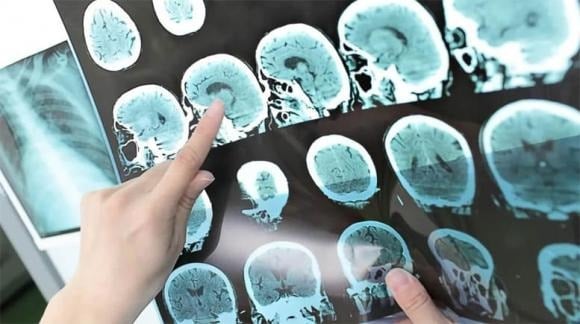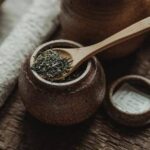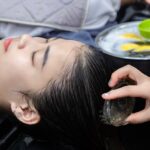The recurrence rate of cerebral infarction is quite high, estimated at about 25% annually. In clinical practice, “cure” only means that the symptoms temporarily disappear, but the disease is associated with many complex factors. If, after being discharged from the hospital, the patient does not maintain a healthy lifestyle and adhere to the medication regimen, the risk of recurrence is only a matter of time.
Although strokes often occur suddenly, the body still has early warning signs. Paying attention to your body daily and not ignoring any abnormalities is the most important way to protect your health.
Common symptoms of cerebral infarction include:
- Numbness or weakness in the arms and legs, usually on one side of the body, sometimes accompanied by facial numbness.
- Facial asymmetry, tongue deviation due to facial weakness.
- Speech disorders: difficulty speaking clearly or understanding others.
- Visual disturbances: blurred vision or loss of vision in one or both eyes.
- Dizziness, severe headache, possibly accompanied by nausea and vomiting.
- Altered mental status: confusion, distraction, or even coma.
- Unsteady gait, loss of balance, and a tendency to fall.
If you experience any of these signs, seek medical attention immediately to receive a timely diagnosis and treatment, preventing dangerous complications.

Cerebral infarction is a common condition that can lead to severe complications. Surprisingly, three familiar spices are considered “accomplices” in increasing the risk of stroke, and therefore, their excessive consumption is strongly discouraged:
3 Spices That Increase the Risk of Cerebral Infarction
1. Salt: Excessive salt intake leads to sodium surplus in the body, damaging blood vessels, increasing platelet aggregation, and resulting in high blood pressure and blood vessel blockages.
2. Oil and Fat: Deep-fried foods contain harmful fats that increase the risk of obesity, cardiovascular disease, and cerebrovascular disease, all of which are direct causes of cerebral infarction.
3. Sugar: Excessive sugar consumption beyond the body’s needs will be converted into fat, thickening the blood and increasing the risk of blood clots.

6 Habits to Help Seniors Reduce the Risk of Cerebral Infarction
- Healthy Diet: Prioritize green vegetables, fruits, and whole grains. Limit fried and grilled foods, keep salt intake below 5g/day, and drink plenty of warm water to improve blood circulation.
- Regular Exercise: Maintain at least 150 minutes of moderate-intensity physical activity per week, such as walking, jogging, cycling, or climbing stairs, while also exercising your brain through social interaction and cognitive activities.
- Scientific Sleep: Go to bed and wake up early, avoiding late nights, to allow your brain to recover and reduce the risk of stroke.
- No Smoking: Nicotine accelerates atherosclerosis and promotes the formation of blood clots.
- Maintain a Healthy Weight: Avoid obesity, as it is a risk factor for various chronic diseases, including cerebral infarction.
- Manage Underlying Conditions: Individuals with hypertension, diabetes, etc., should take their medications as directed and attend regular check-ups to prevent complications.
5 Common Foods That May Increase Your Risk of Stroke
“Many of us are oblivious to the fact that some of the most familiar and frequently consumed foods in our daily diets could be silent culprits, increasing our risk of stroke. It is high time we opened our eyes to this hidden danger lurking in our kitchens and took control of our health by being more mindful of what we eat.”
“6 Summer Habits That Could Lead to a Stroke: Are You at Risk?”
The oppressive heat is not only uncomfortable but also poses significant health risks, with heatstroke being a silent and deadly threat that is increasingly affecting younger individuals. What’s concerning is that many seemingly harmless summer habits can quietly elevate this risk. Are you aware of the precautions to take?
The Four Hourly Showers to Avoid: A Guide to Healthy Hair Care
“Superstitions surrounding the timing of hair washing are prevalent in many cultures, with certain hours of the day deemed inauspicious. These beliefs hold that washing your hair during these hours can lead to adverse health effects, including an increased risk of stroke. However, it’s important to separate fact from fiction. While maintaining a healthy hair care routine is important, there is no scientific evidence linking hair washing to an increased propensity for strokes. So, feel free to wash your locks whenever suits your schedule, and rest assured that your health is not at risk from this age-old superstition.”





































